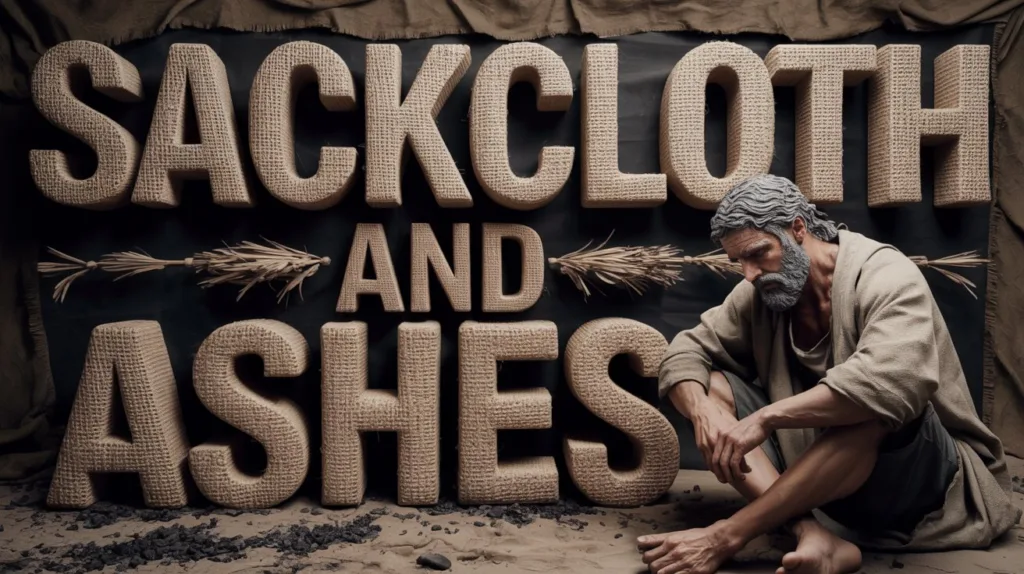The Nazirite vow is outlined in Numbers 6:1–21 as a special commitment to the Lord that could be undertaken by any man or woman in Israel. The term “Nazirite” comes from the Hebrew word nazir, meaning “consecrated” or “separated.” The vow was voluntary and could be taken for a set period of time or, in some cases, for life.
Those who took the Nazirite vow were required to follow three main restrictions:
Abstain from all products of the vine: This included wine, strong drink, vinegar, grape juice, fresh grapes, and raisins (Numbers 6:3–4).
Avoid cutting their hair: “All the days of the vow of his separation no razor shall come upon his head” (Numbers 6:5). This outward sign marked their consecration to God.
Avoid contact with a dead body: Even if a close relative died, the Nazirite was not to make himself ceremonially unclean (Numbers 6:6–7).
If someone accidentally became defiled during the vow, they were to perform a purification ritual and begin the vow period again (Numbers 6:9–12). At the conclusion of the vow, the individual would go to the tabernacle or temple, present specific offerings, a burnt offering, a sin offering, and a peace offering, and shave their head at the door of the tabernacle of meeting, placing the hair in the fire under the peace offering (Numbers 6:13–18).
Some notable biblical figures associated with Nazirite vows include:
Samson: A lifelong Nazirite from birth, as commanded by the angel to his mother (Judges 13:5). He was to abstain from wine and not cut his hair, though he broke several parts of the vow, especially when he allowed Delilah to cut his hair, leading to his downfall (Judges 16:17).
Samuel: Though the vow is not explicitly called a Nazirite vow, his mother Hannah vowed that no razor would touch his head, indicating lifelong dedication to God (1 Samuel 1:11).
John the Baptist: While not called a Nazirite, he was to “drink neither wine nor strong drink,” and he lived a life of separation and devotion (Luke 1:15), suggesting a similar consecration.
The place of fulfillment for ending a Nazirite vow was the sanctuary. the tabernacle in the wilderness or the temple in Jerusalem. The offerings and the shaving of the hair marked the conclusion of the vow and the completion of the time of separation to the Lord.
The Nazirite vow highlights the call to holiness, dedication, and separation unto God. Though it was temporary for most, it symbolized a deep desire to live in purity and devotion before the Lord.





 Get the book that teaches you how to evangelize and disarm doctrines from every single major cult group today.
Get the book that teaches you how to evangelize and disarm doctrines from every single major cult group today.